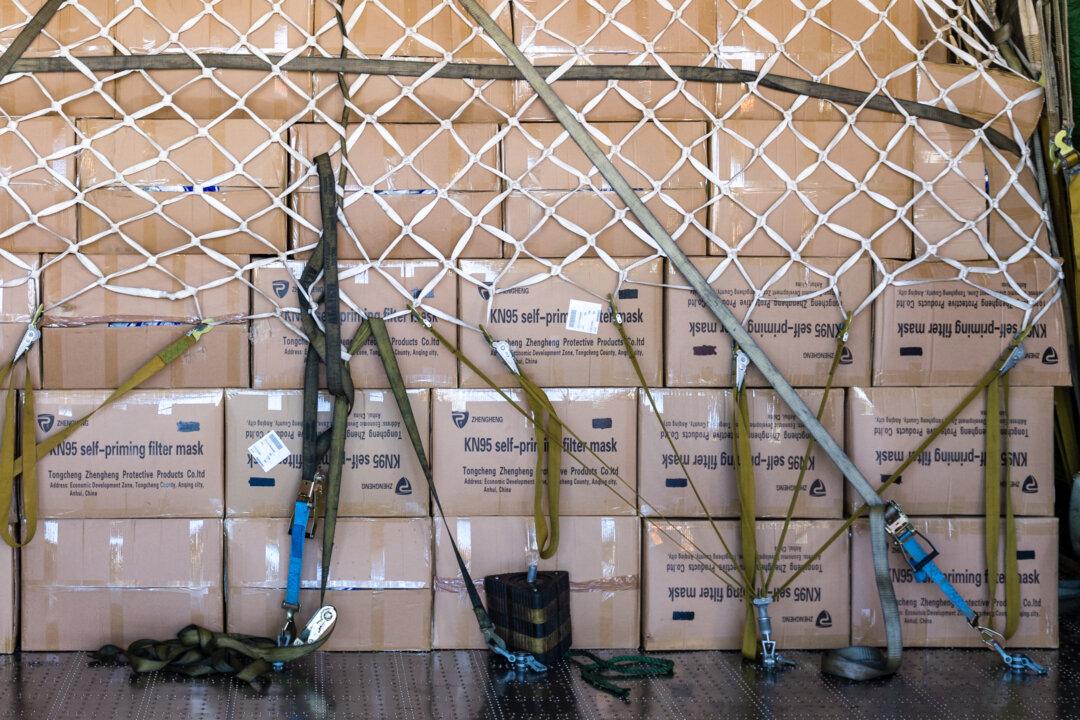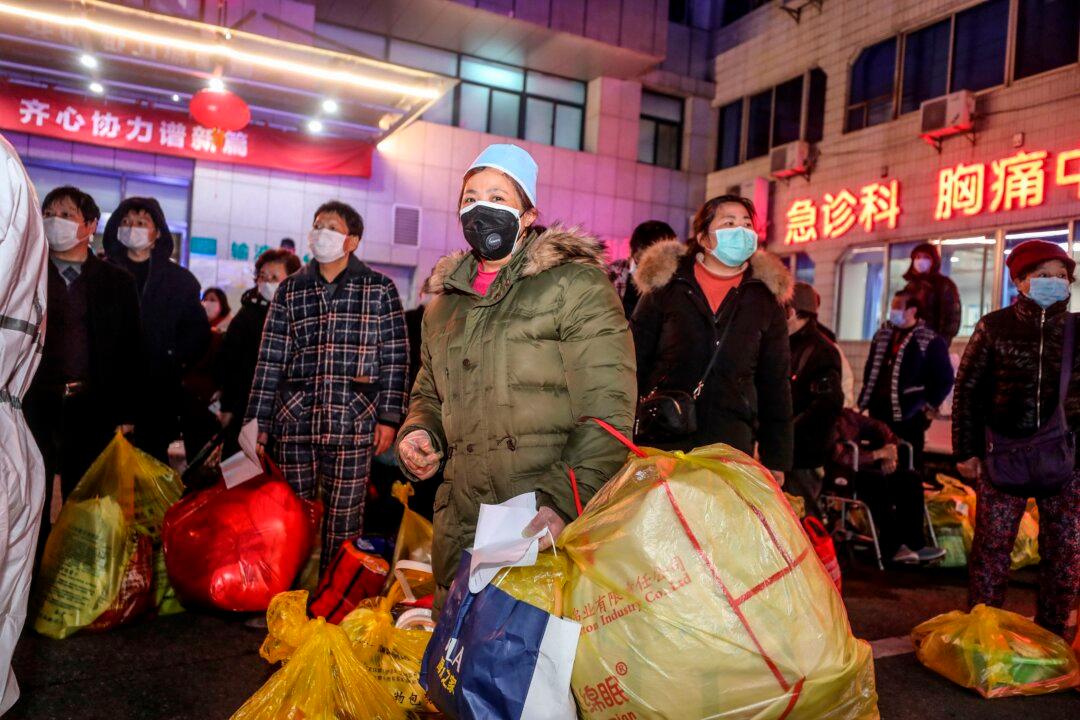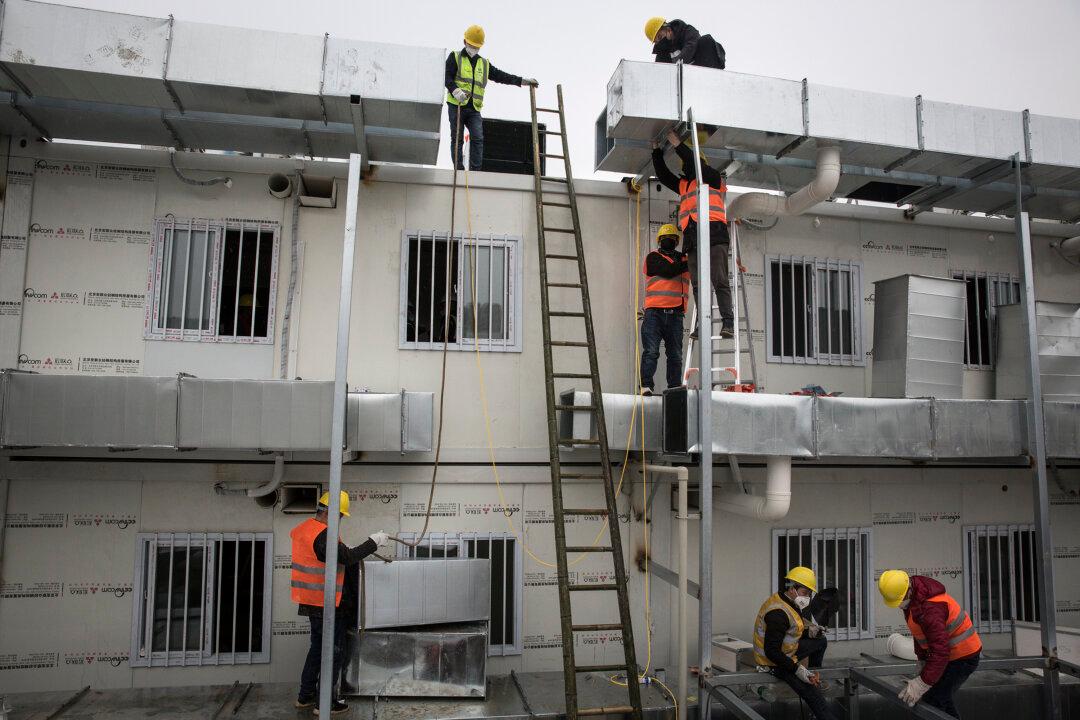After the United States killed Iranian military leader Soleimani, the response from China, another key player in the Middle East, has been quite muted. The Chinese regime called for “dialogue, not escalation.” But an expert says that China’s footprint in the Middle East is not as innocent as its sentiment.
China expert and former Defense Department staff Joseph Bosco said that China wants to use Iran to distract President Trump from focusing on his Indo-Pacific strategies and tackling the threat from the Chinese regime.




